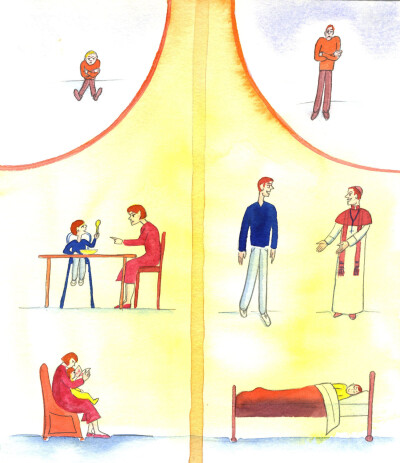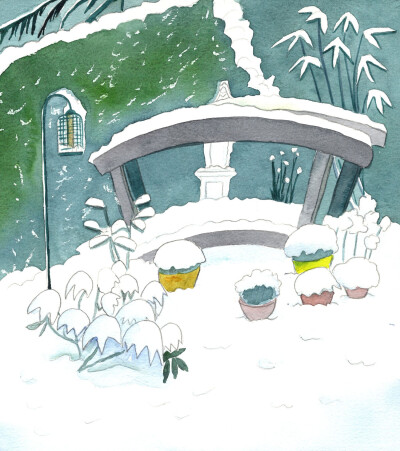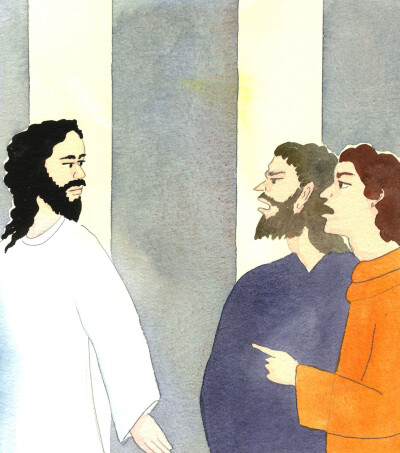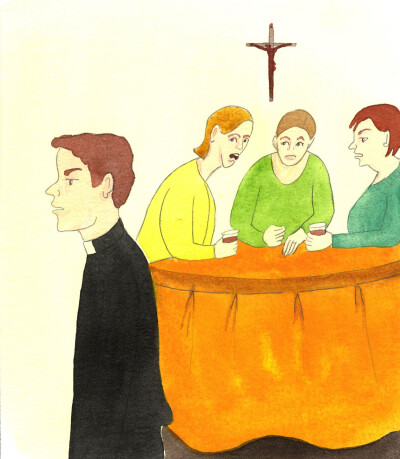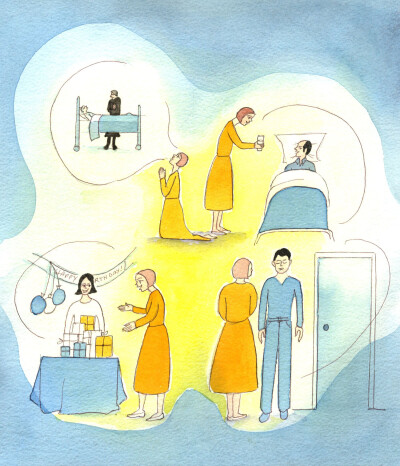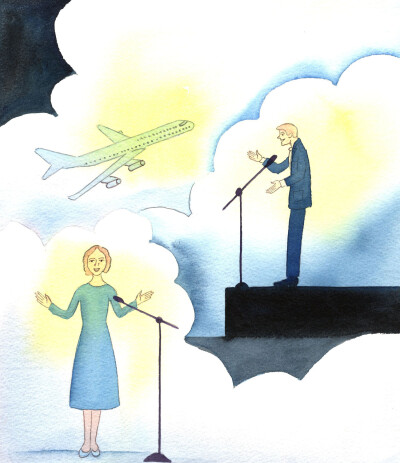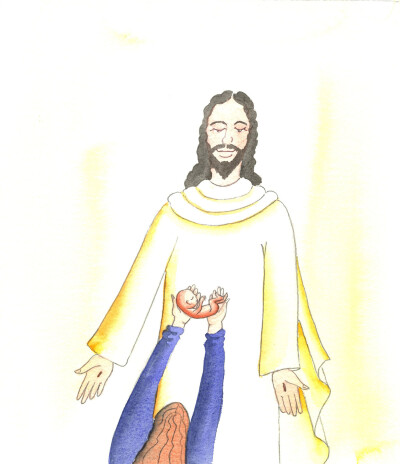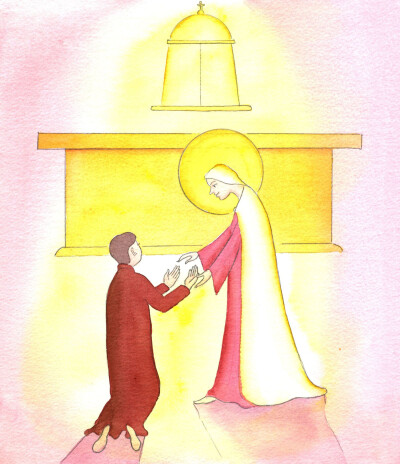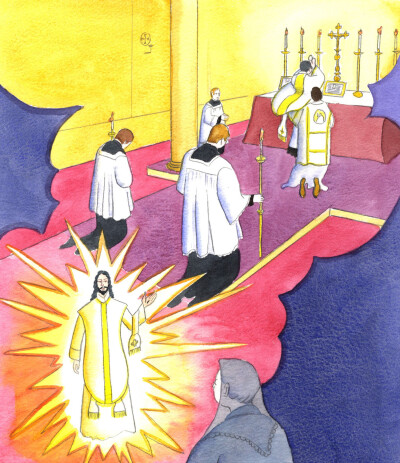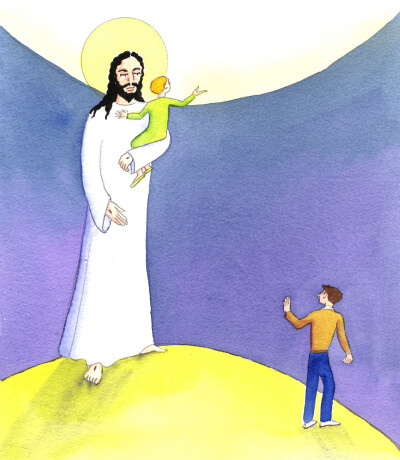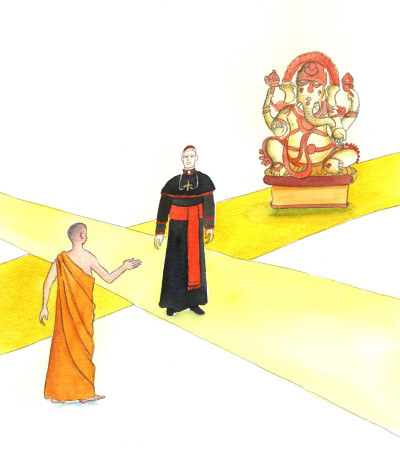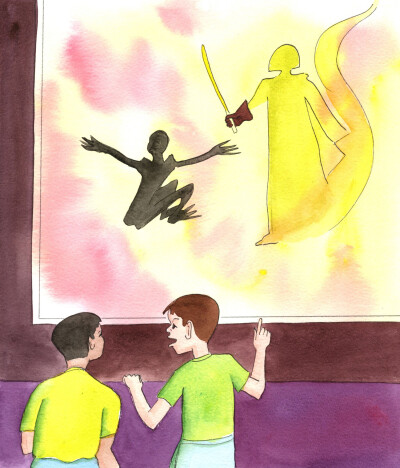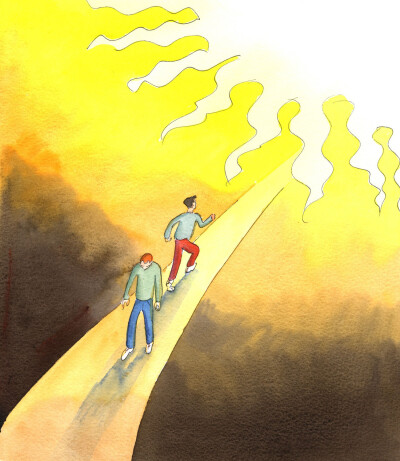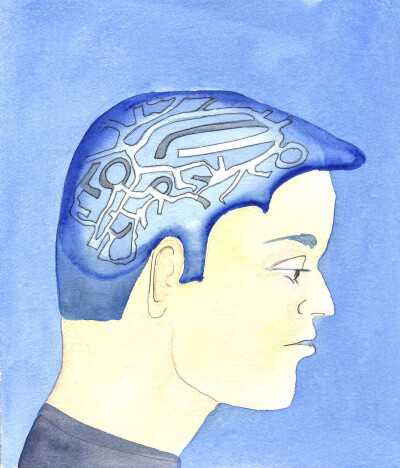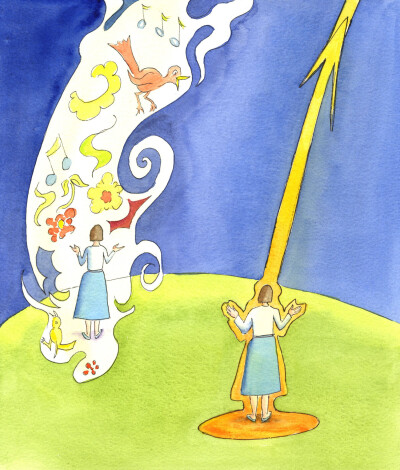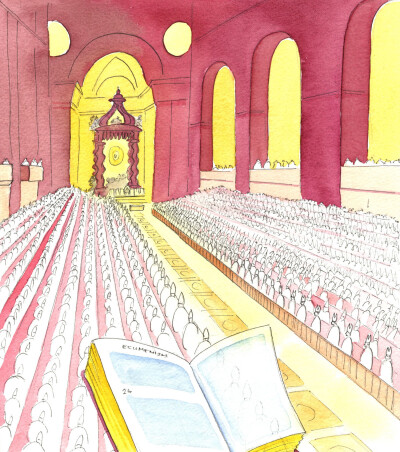Search Page
Showing 61 - 80 of 100
A little child can scream for attention, and dispute every instruction from his mother, so ending up alone and miserable - or he can co-operate, and experience her companionship, her wise words, and her consolations; and so it is in the Church. A Catholic can disbelieve parts of the Faith, grumble about discipline, speak with hostility about the Pope, and become a slave to his own opinions, or he can choose to co-operate with God and the Church, and in that trust and obedience find not slavery but freedom, and joy, and peace of soul, and hope.
God wants us to lead lives which are as pure as fresh snow, with each of our thoughts, words and deeds holy. We should have pure intentions, treating everyone with kindness, speaking the truth always, and leading chaste lives worthy of Christians. None of this can be achieved by our own power, but with God's grace we can change, and prepare for our life in Heaven. Christ asks us: will we be ready for Heaven, when we die?
Christ asks His friends to be brave in speaking the truth about God and goodness; but He also asks us to be prudent. We need not feel guilty about avoiding trouble and controversy when this is possible without cowardice. He Himself ran away or hid, to avoid death, when He had stirred up anger by His words, but when it was too early to fulfil His great plan.
Christ has ordained certain men to be as 'other Christs' amongst us, to guide and govern us. We are not wrong to speak with gentleness and truth about words publicly offered by a priest or Bishop which are heretical or foolish; but Christ is grieved when He sees His priests needlessly criticized for personal appearance or habits, or cruelly slandered.
It is Christ who is as work in us, and Christ Who deserves the praise, when He enables us to be charitable towards everyone and in every circumstance, whether praying for the dead and the bereaved, caring for the sick, celebrating other peoples' joy, or offering gentle words to someone who has been hurtful.
People who promote new devotions should be setting a good example to all the people who see them or hang onto their words. Are those speaking drawing attention to God, or to themselves? Do they believe in all the teachings of the Church? Have they profited from their message? Are they obedient to those in authority over them in the Church?
It is an act of charity to reach out to other people in their bereavement, or on their birthdays or anniversaries, and to write a few words, as evidence of our concern for them, and our love, whether in their sadnesses or their joys.
In helping a pregnant woman, we might save a baby's life. Christ takes tremendous delight in the efforts we make to oppose abortion, and so save innocent lives, whether by intercession for all involved, and for the mothers, fathers and babies - and by campaigning with charity, to change the minds of politicians and others who support abortion by words, finance, and publicity.
We act like wise 'children of God', if we go to Mary, our Blessed Mother, seeking her help in approaching the Father through Christ, in prayer. She can help us to purify our intention, to clarify our thoughts, and to prepare a Gift for the Lord, the gift being the thoughts, words, offerings we offer each day, perhaps with a special degree of hope, patience, or long-suffering.
Christ deserves to be shown the deepest honour at Mass. Christ is touched by the deep reverence which is shown out at every Mass where people who love Christ take care that every word and gesture is dignified and worthy of their Divine Saviour. We should not offer, at Mass, words, gifts or gestures that are introduced merely to make children, or other people, feel special.
The state of someone who trusts in Christ, and who therefore prays confident prayers in and through Christ to the Father is very different from the state of a person who seems to say to Christ, in unbelief: 'Go away. I don't believe in You.' That person has rejected the one means of being brought towards Heaven and having access to the Father; in other words, he has refused to be saved.
It might seem as if a viper has leaped out from his lair, to wound us. If we work for Christ, spreading the Gospel, we are going to be opposed, by people on earth and by Satan. We are wise if we recognise the truth, that harsh words or actions which cause us to suffer are caused by people acting from their sinful nature, as we sometimes do; so we forgive them, and turn to God for the courage to go on.
Especially in matters connected with other religions, every member of the clergy should be aware of the impact on others of his gestures as well as his words. If he acts in ways that confuse the faithful, or give wrong impressions to people who do not share the Catholic Faith, he is not fulfilling God's plan for his life and for his special vocation.
Some converts who entered the Church in the 1960s and 1970s found the Truths of the Faith, and the sacraments, and Christ Himself, Really Present. Yet they found themselves in an icy landscape; the ice and snow represent what Christ then saw: the icy hearts of those who were itching for inappropriate changes, and who, by strange acts and exaggerations, caused a thousand disasters, including, in part, a de-sacralisation of the words and gestures of the Mass.
Some children's books are far too simple. It is often said that children are too young to learn words which Christians have used for centuries about the spiritual life and the sacraments. Yet even young children can remember complicated film-plots, and the names of foreign weapons, and hierarchies. Can they not be helped to learn the correct words for religious matters?
In the spiritual life, we are never stationary. We are either moving closer to God or further away from Him. We either increase our union with Him, or diminish it, by every one of our thoughts, acts, words and choices.
Only the holy can share God's holiness in Heaven, in perfect joy and peace. There are people who say - 'I'm not a bad person. I try to be good, but I don't need all that advice about prayer and Church-going'. They reveal the depth of their ignorance by such words, and on their state of soul. It's as if, within them, is a labyrinth of blocked passages and alley-ways: of unchristian attitudes, prejudices, unused spiritual faculties, a dark conscience locked in a cul-de-sac, and the gloom caused by Original Sin.
Christ hears all sorts of prayers. Some people show their love for Christ by praying usually with very flowery language: very formal, or poetical or elegant. It springs from the traditions of their family or country. Others, brought up by plain-speaking parents, pray simple, honest, reverent prayers with no clever words but much love. We must not worry, about our simple prayers, since Christ said in the Gospel, 'Let your Yes be Yes and your No be No.' He likes our simplicity, just as He likes the beautiful words that other people offer, too.
In the document of the Second Vatican Council, on Ecumenism, there is no part which supports the words of some people of the present day who claim that other Christians have no need to 'return' to the Catholic Church. It is always true that Christ asks, through His Church, that every Christian enter into the full Communion of the Catholic Church.
How to know Jesus Christ
Finding Christ, Finding Life: a talk by Elizabeth Wang, given at the French Church, Leicester Square, London, 2006.
INTRODUCTION.
You probably know that I’m an artist. The project I’m busy with,…
Showing 61 - 80 of 100

